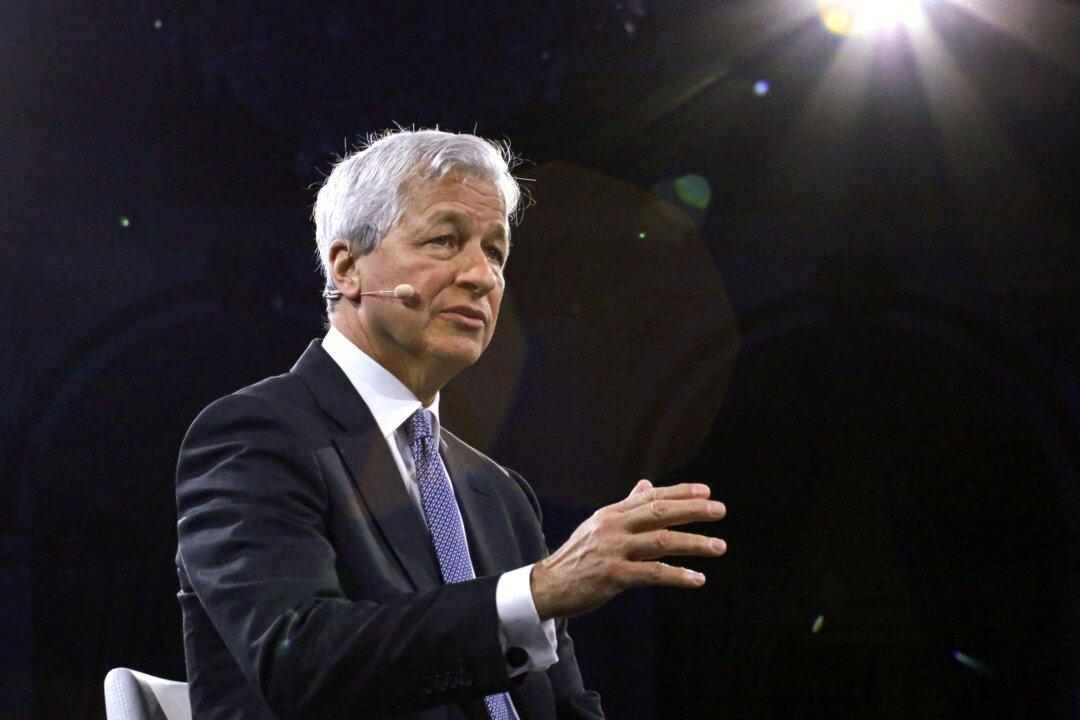Commentary
In a typically masterful essay from 50 years ago, the great British journalist and social critic Malcolm Muggeridge observed that nothing is more pathetic to watch than a ruling class on the run.

In a typically masterful essay from 50 years ago, the great British journalist and social critic Malcolm Muggeridge observed that nothing is more pathetic to watch than a ruling class on the run.